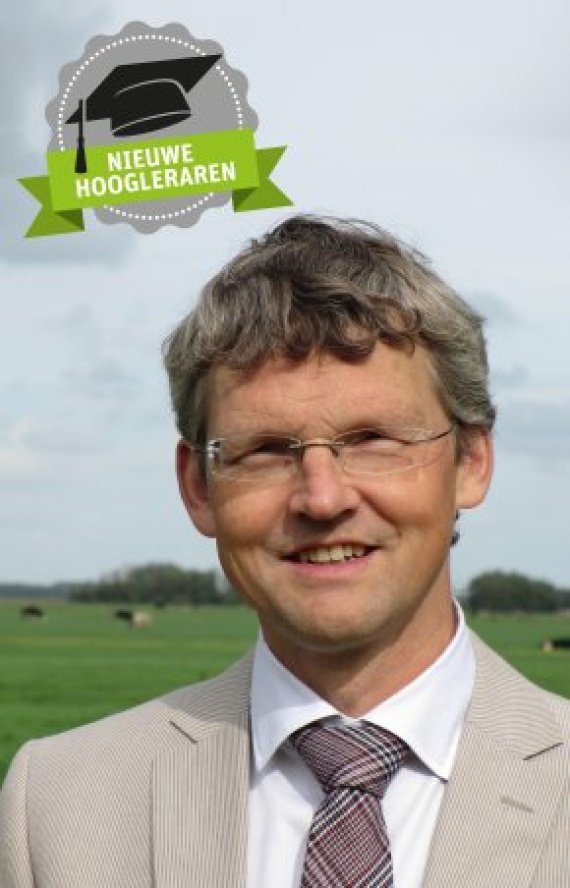Cultivating and directly eating soya beans, leek or lettuce. It is not possible to make food in a more efficient way. However, the current practice is rather different. We feed soya beans to the pigs that need multiple kilo’s of feed and water to produce a kilo of pigs meat. ‘One of the ways to make our foodstuff more sustainable is to replace the animal proteins with plant proteins’, says Atze-Jan van der Goot. It is a theme that he has been working on for years, for example by making meat substitutes as efficient as possible.
One of the challenges that Van der Goot sees, is the replacement of ‘hidden’ animal proteins. As an example he names cakes which, just like many other cookies and sauces, contain eggs. Van der Groot would preferably replace these animal proteins with vegetable equivalents. In contrast to replacing meat with soya, this does not call for resistance from the consumer.
One of the ways to make our foodstuff more sustainable is to replace the animal proteins with vegetable proteins.
Atze-Jan van der Goot
Fish feed is another product that interests Van der Goot. Farmed fish still receive a lot of fishmeal – minched wild fish – to eat. In the past few years one of his PhD students studied if you can get reared salmon to eat plant based food. And with success, says Van der Goot. Currently they are working on a patent to put this into practice. He cannot give any details yet. Unfortunately, fish oil is still an important ingredient in the solution, but Van der Goot has good hope that in the future algae will be able to replace this ingredient.
Also the production process can be optimized to be a lot more sustainable says Van der Goot. Ingredients such as soya are still being separated in fibre, oil and protein fractions in factories. Later in the process the separated fractions are combined again as a final product. Van der Goot thinks this is a waste. He pleads for a shift in the current way of thinking. The materials can be processed in a milder manner – separating them functionally – saves energy, and you do not have to combine them again later in the process. As for him the process engineers of the future will perform a lot less heating, adjusting acidity and adding water. On the topic of less processed – and thus more complex – food, there is still a lot of possible fundamental research, says Van der Goot. He wants to spend the coming years on this.

